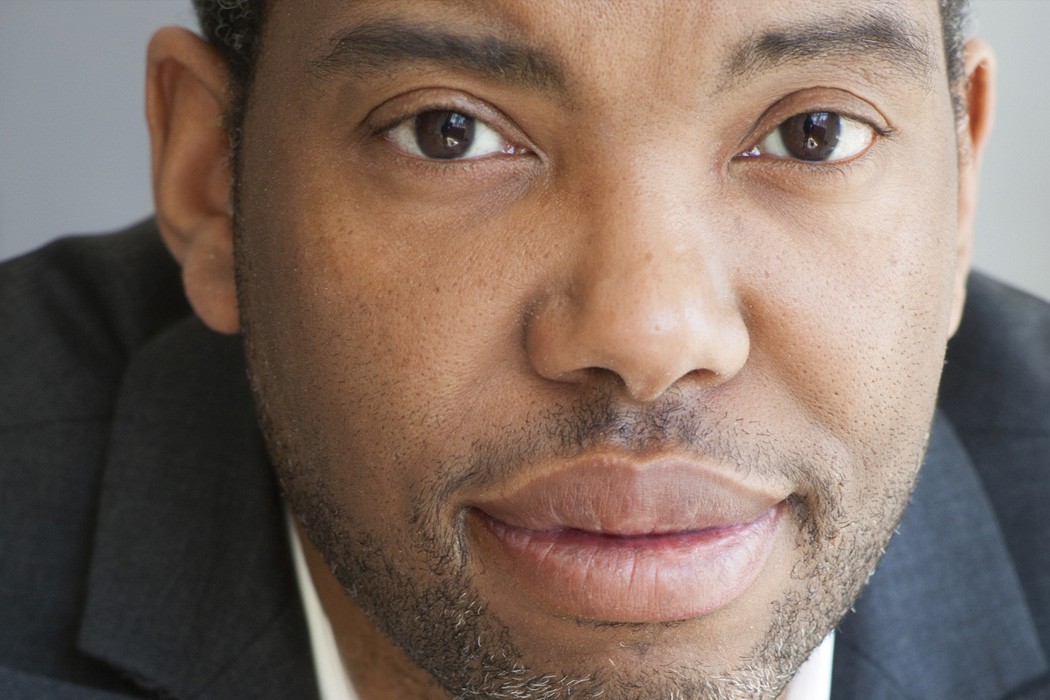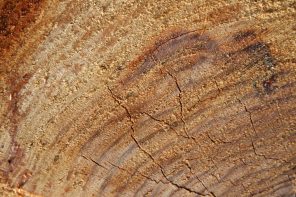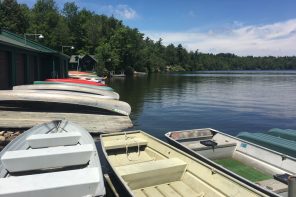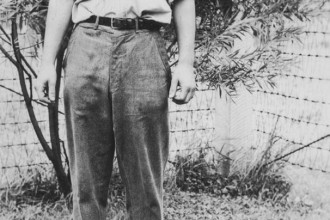My small community at Kalamazoo Peace House has been reading Ta-Nehisi Coates’ new book, Between the World and Me (Spiegel and Grau, 2015). Structured as a letter to his teenage son, Coates’ book is a wake-up call from the American dream and a passionate challenge to the idea that we live in a post-racial society.
Baltimore, January 1993, twelfth grade: half a foot of wet snow has fallen in the night, delaying the start of school by a couple of hours. I sleep late, shower, eat a substantial breakfast, and walk seven blocks to the corner of North Avenue and Charles Street, where I await the arrival of the #3 bus. By and by a pair of middle-aged black men approach the bus stop, and I am made to overhear their conversation, which is relevant to me. “See that white boy?” the one asks the other. “I want to put the bite on his ass!”
I am immediately on high alert. It feels more like the introduction to some malevolent sport-level hassling than to a passionate beatdown, but I’m not interested in either option, nor in splitting hairs. Self preservation is the key. So when the speaker takes a step toward my back with the address of, “Hey, white boy!” I run. I board the bus many blocks upstream, leaving their final chastisement (“You better run, white boy!”) to the wind.
A minor incident, really; in my 17 years I had experienced worse. Although I avoided that intersection for the next couple of weeks and waited for my bus at a corner nearby, I was able, that time at least, to prevent an assault on my person. I never even report the incident to my parents. I was just finishing up my time, anyway; by year’s end I had left the concrete and brick of my hometown for the “fair Arcadian hill” of Kalamazoo College, a place paradoxically of escape from and deeper engagement with the world.
It is safe to assume, however, that the men who approached me on that corner did not get out. There was no conceivable new beginning for them in September of 1993, no second act, no chance to self-reinvent. Quite possibly, in the whole of their lives, neither of these men ever had an interaction either with an individual white person or with the principality known as “The Man” which was positive, affirming, or life-giving in any way. If their lives were like so many black Baltimoreans’, their entire existence was circumscribed by a power structure which would privilege me even as it marginalized them.
Ta-Nehisi Coates had not yet come of age or published an article, but these men inherently knew the truth in what he would one day write: that the relationship between black and white in America is fundamentally defined by white plunder and the violation of black bodies; that those white people not actively engaged in this activity are party to it, complicit in it, and benefit from it. These men knew this, and it filled them with a hopelessness and rage which would find one expression that morning in a conversation about taking a chunk out of my ass.
Like me, Ta-Nehisi Coates was a high school senior in 1993, grew up within a mile of my home in the Reservoir Hill neighborhood, and was able to escape to university and the relative freedom of a successful career in a meaningful line of work. His recollection of his childhood is mostly bleak, and tainted by the overarching presence of fear. In an address to his son, in Between the World and Me, he recalls,
When I was your age the only people I knew were black, and all of them were powerfully, adamantly, dangerously afraid.… To be black in the Baltimore of my youth was to be naked before the elements of the world, before all the guns, fists, knives, crack, rape, and disease. The nakedness is not an error, nor pathology. The nakedness is the correct and intended result of policy, the predictable upshot of people forced for centuries to live under fear.
Black people in the inner city, Coates relates, live in constant, daily fear both of direct threats “to their bodies” (a powerful original phrase) from rivals and from the police, and carry an existential dread based in the knowledge (which is based in experience) that things will never improve, that the system is structured so as to negate any real hope for children or generations to come. Parents cannot guarantee the safety of their children.
I need to emphasize that the three or four times growing up that I was made to fear of my safety because of my whiteness, while indeed terrible, did not make me “naked before the elements of the world.” What we all share in this story—black and white—is a helplessness before the power of American white supremacy, which defines our roles, hopes, territories, and fears. We have yet to overcome.
My parents moved to Reservoir Hill in 1973, placing themselves intentionally in that poor, mostly black neighborhood as an act of solidarity and reconciliation. While the main work of Jonah House, the community they formed and in which I was raised, was resistance to war and nuclear weapons, they maintained a food program for 22 years out of our front door. We ate the same food that was given away. My father had become radicalized through his work as a priest in the black community in the 1950s and 60s. In 1965 in No More Strangers, he wrote,
Because whites insist on regarding him as “different,” the Negro has no choice but to react in defense, seeing the white as different also, and speaking of him as the “White Man,” or “The Man.” The white believes, with profound conviction, that the Negro is America’s problem or the community’s problem or someone else’s problem, but seldom his problem. Whereas, the Negro knows that the white is his problem, and that he has no other. In fact, Negro hopelessness, when it is encountered, centers on the fact that he is fenced in and engulfed with white “problems,” more than one hundred and fifty million of them, and his despair arises from the fact that there are just too many.
I want to make two points here about my father and what he is saying. First, he was a relentless, even brutal seeker of the truth. He was perennially, absolutely dissatisfied with the American Dream and the dreamers who dream it. In his understanding, the Dream was a fantasy of greed from the beginning, tempting white men in America to take more than their share. And so slavery, the conquest of our continent, Vietnam, Iraq all became episodes in an overall narrative of plunder, made palatable to white Americans by racist storytelling and ideology. Meanwhile, the rising imperial tide lifts many boats, and our consciences are mollified. White people are the problem. If we wish to be helpful in some way, let’s start by wrestling with that idea.
Secondly, I highlight his word “responsibility,” because in his understanding, we are only mature, Christian, human, inasmuch as we are willing to take responsibility for the major abuses of the human and ecological community. The bigger the violation, the more necessary a commensurate nonviolent response. And so my parents were separated 11 of their 29 years of marriage by prison for acts of civil disobedience against the American war machine. Responsibility.
1998: I had graduated from college and was back in Baltimore for a year. I was learning more about the silent economic warfare our country has been waging against Iraq since the alleged end of the Persian Gulf War in 1991. UNICEF published a report in 1999 alleging that a half-million Iraqi children under the age of five had died of preventable disease as a result of UN/US Sanctions which prohibit the sale of Iraqi oil and forbid the import to Iraq of food, medicine, and water treatment chemicals. Iraq at this time has a population of 23 million people. Secretary of State Madeleine Albright, when confronted with this figure on national television, said, “the price…we think the price is worth it.”
I did not think the price was worth it, and I decided to see the front lines of American imperial ambition for myself. I joined a delegation organized by the group Voices in the Wilderness to violate the sanctions by bringing in medical supplies, a felony prosecutable by the Treasury Department. On my twenty-third birthday, I was in Baghdad, touring a hospital where parents and physicians helplessly watched children succumb to common ailments, especially waterborne disease. The hospitals in the southern city of Basra kept photo albums—eventual evidence in a war crimes prosecution, if there were justice—of children born with horrendous defects attributable to our use of uranium munitions in the southern Iraqi battlefields.
I committed to the people I met—whose hospitality and kindness was remarkable, given the state of things—that I would tell their story, and work to bring about redress for the harms they had been forced to endure. In reality I spent the next several years broken by what I experienced and what it meant, which is this: today as in 1991, in Baghdad as in West Baltimore, parents cannot guarantee the safety of their children.
Now, fifteen months or so into the Black Lives Matter movement, men associated with the Islamic State have killed 128 people in Paris. The reaction on both sides of the Atlantic is as tragic as it is predictable: more bombings, more border control, more racism, more fear, more demonization of people who have been forced to endure the unendurable. There’s much hay to be made by opportunistic politicians such as Michigan’s governor Rick Snyder, declaring our state unwilling to accept refugees from Syria.
It is by this manufacture of racist fear that Americans are manipulated into accepting intolerable acts of plunder, both at home and abroad. In 1968, Thomas Merton reflected on the fear mechanism and its contributions to nuclear brinksmanship, war in Vietnam, and oppression in the cities. His 1968 analysis in Faith and Violence is germane to today’s American politics and the caricatures of Muslims and American black people which saturate both airwaves and internet:
The population of the affluent world is nourished on a steady diet of brutal mythology and hallucination, kept at a constant pitch of high tension by a life that is intrinsically violent in that it forces a large part of the population to submit to an existence which is humanly intolerable…[T]he crime which breaks out of the ghetto is only the fruit of a larger and more pervasive violence: the injustice which forces people to live in the ghetto in the first place. The problem…[is] of a whole social structure which is outwardly ordered and respectable, and inwardly ridden by psychopathic obsessions and delusions.
Between the World and Me has made a lot of waves in our circle of friends. Just about everyone we know has read and been challenged by the book, and it feels to us all like an honest attempt at truth-telling. When Ta-Nehisi Coates spoke in Kalamazoo recently, he (properly) took umbrage when asked why he thought so many white people had appreciated his book. As part of his answer, he said, “It’s a human story. Human beings are going to identify with it.”
A true representation of the human experience transcends boundaries. Coates’ book has shed light on a transcendent human value: the right of every parent to a modest hope for the safety of their children, free from fear of a national apparatus which can kill with impunity. Security is the basic obligation of parent to child: I will take care of you. All parents know this. If we let it, this human bond can motivate us in a sustained work for a little more justice than we have now.
In an article for The Atlantic in June 2014, Coates argued that black Americans are owed a substantial sum in reparations to begin to recover from the harm caused by 400 years of white supremacy. In this Tea Party era, such an idea is of course a political non-starter, but that is beside the point. The point is that he is right: a debt is owed. White people who care: it is our move. If we see black people as human, if we yearn for kinship (as so many of us do), we must be willing to work for it, risk for it, maybe suffer for it, and we need to learn to listen better. In Coates, in Black Lives Matter, in many others, we have powerful voices of black leadership. Let us hear them, and may we each discover a path to justice, and have the courage to walk it as best we can.





